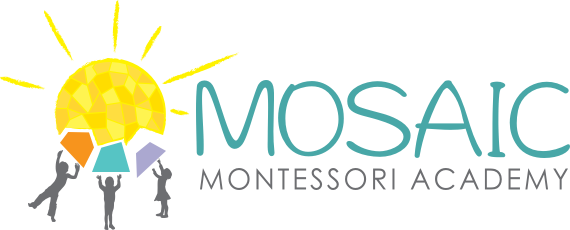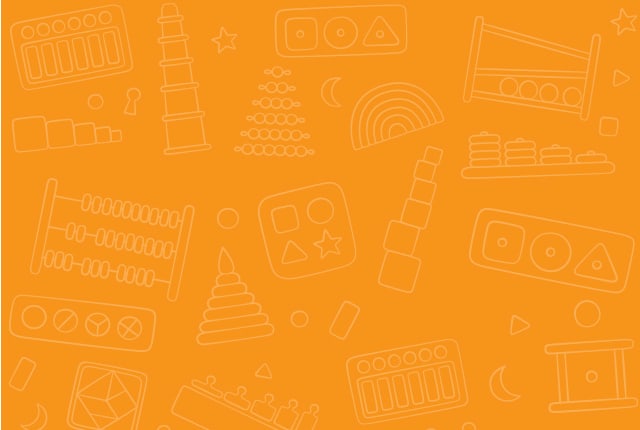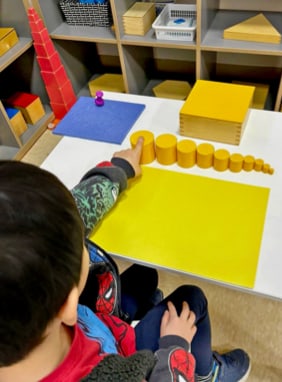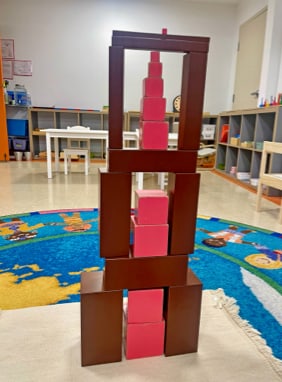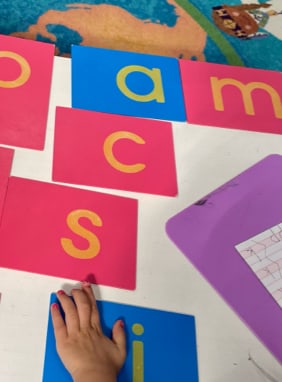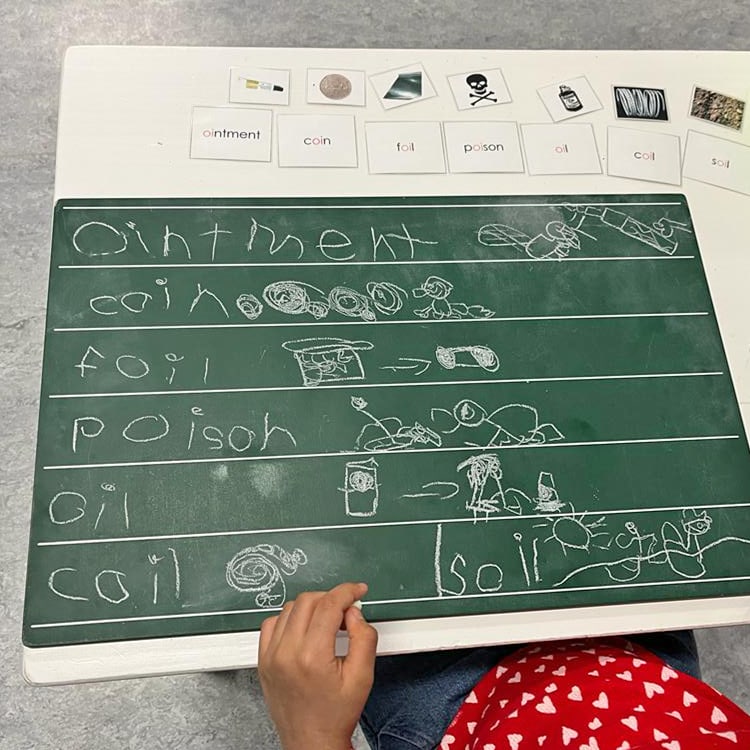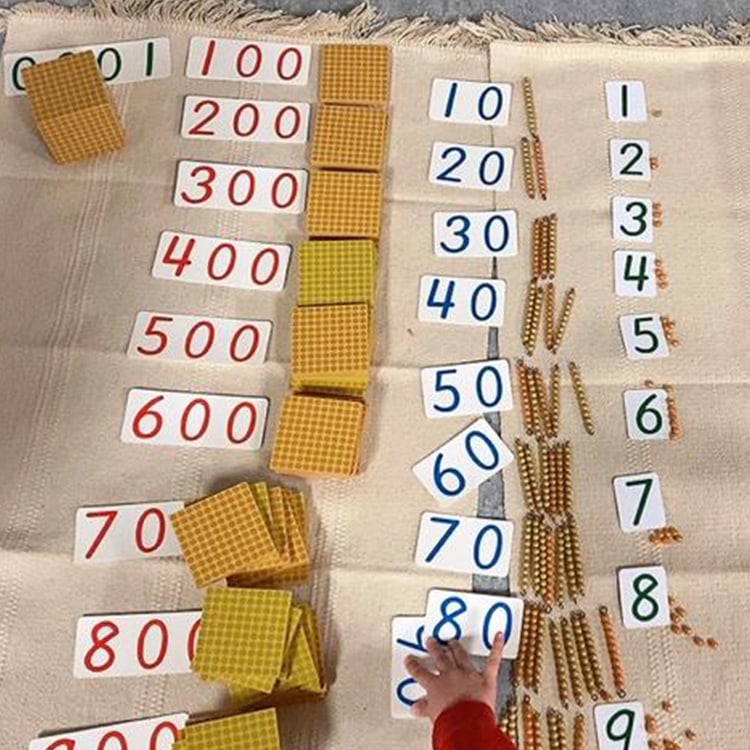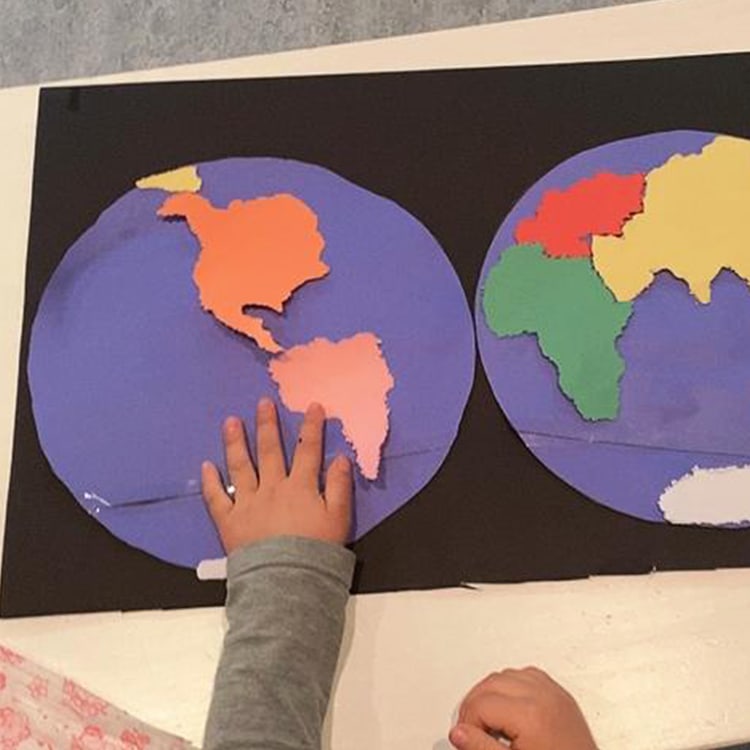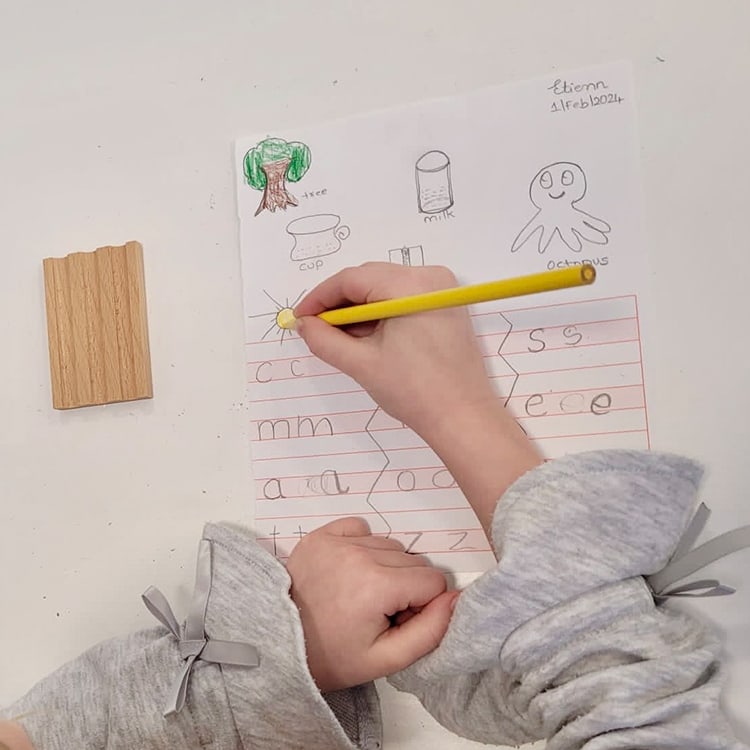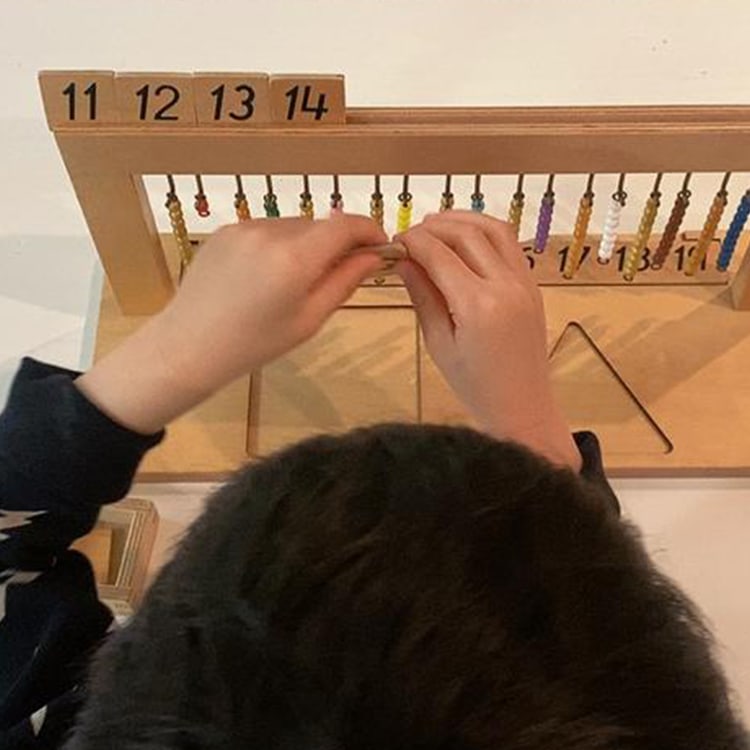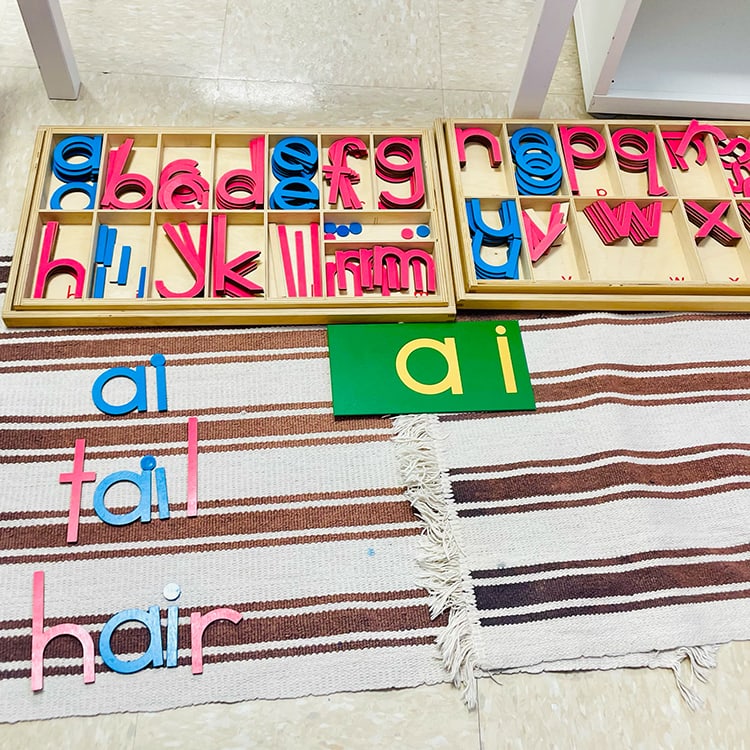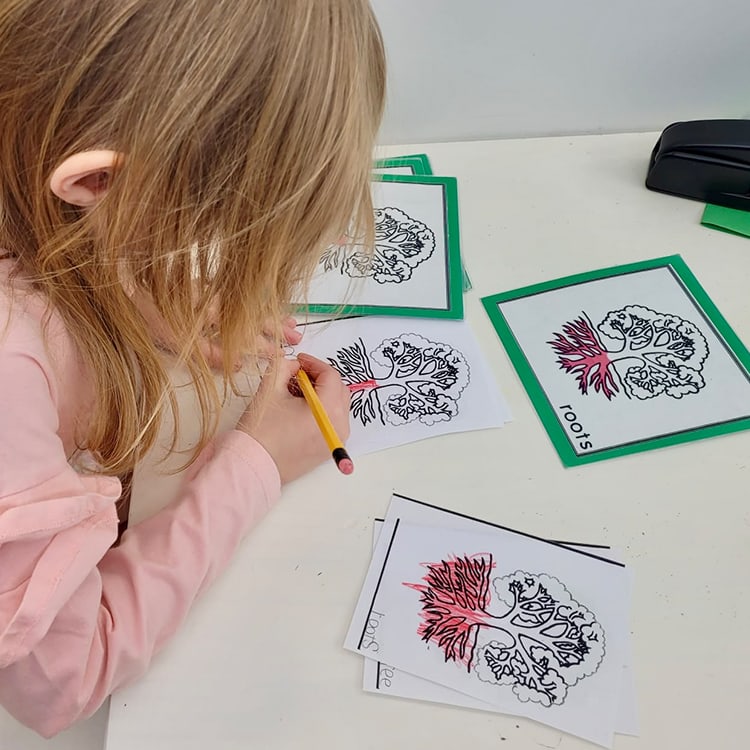Dr. Maria Montessori developed the Montessori Method in the early 1900s. It’s a type of child-centered education that includes child-led activities (referred to as “work”), mixed-age classrooms, and teachers that promote individuality in their students.
Dr. Montessori claimed that children learn more effectively when they have a say in what they learn, and this belief is still reflected in Montessori classrooms today. A Montessori classroom would most certainly vary from what you are used to. It is distinguished by the following features:
- Throughout the day, children can select from a variety of activity stations.
- Instead of standing at the front of the classroom, teachers move from group to group.
- A non-traditional grading system.
- An emphasis on the whole student, including social, mental, academic, and physical development.
Pros
If you speak with a Montessori instructor, you can almost certainly hear a chorus of support for the method. Systems of education are often inspiring to teachers who use them. So what are the advantages of a Montessori education?
Montessori classrooms are known for their visual beauty. In the classroom layout, plenty of natural light and space are common priorities. This also serves a purpose, however, and that is to create a welcoming and accessible environment so that students may better direct their own learning.
It often resembles something like a giant playroom-meets-workshop, with many sensory-based materials scattered about ready-made to encourage learning.
Social Interaction
Have you ever noticed how children are enthralled by the activities of other children? Montessori takes advantage of this by putting children of various ages in the same learning environments. Most Montessori classrooms are mixed-age and designed to encourage peer-to-peer learning. This arrangement will naturally lead to growth that would not occur in a classroom with a more evenly distributed age group.
Independence
Children may develop a sense of independence and trust in their abilities much faster than in a conventional school setting because much of the learning process is self-directed.
A Love for Learning
This advantage may last a child’s entire life and serve as a motivator for them to pursue secondary education, a profession, or work training—or even just through the experiences they have and the people they meet.
Cons
Of course, we can’t assume that every Montessori experience would be positive for everyone. On the one hand, teachers, peers, and school administrators may have a significant positive effect on your educational experience. On the other hand, certain elements of the Montessori framework may be problematic for some people.
It May be Expensive
Given that so many high-end learning instruments are necessary on the path of acquiring knowledge, it’s very difficult for schools to try and keep costs down. Although in some cases there are organizations that may exist in assisting to supplement, this isn’t always the case.
Curriculum May Seem Too Loose
Although “following the child” does not mean letting kids do whatever they want, it is still a less structured curriculum than what you would find in a more traditional approach.
It is the responsibility of the teacher and assistant to ensure that the children advance at their own rate. This give-and-take will, in theory, function well. However, it may also allow success in certain subjects to suffer.
Too Much Independence?
Montessori is known for encouraging independence and self-directed learning. However, job conditions aren’t always as straightforward. The entrepreneurial mentality, which can be extremely beneficial, can also make it difficult for students to work in groups and under strict supervision.
The path to education is everlasting, so it’s important to make the right decision to the best of your ability. The bottom line is that nothing is perfect, and no system can offer everything for everyone. However, if the pros outweigh the cons for you, then it may be the best choice.
